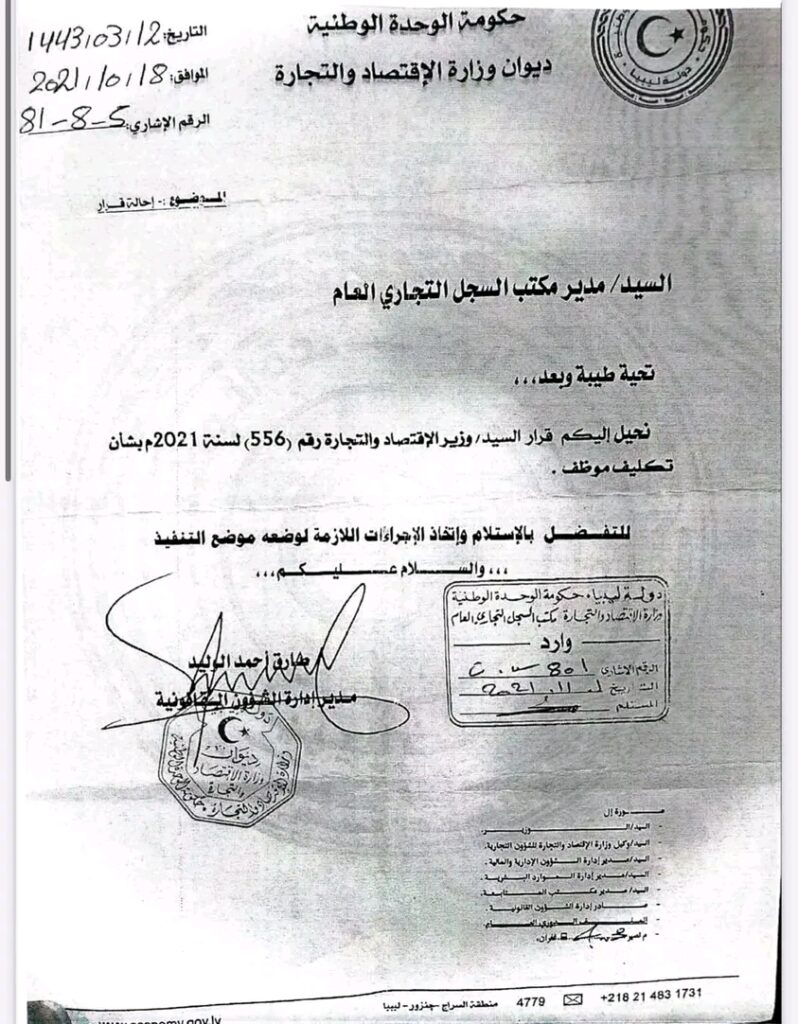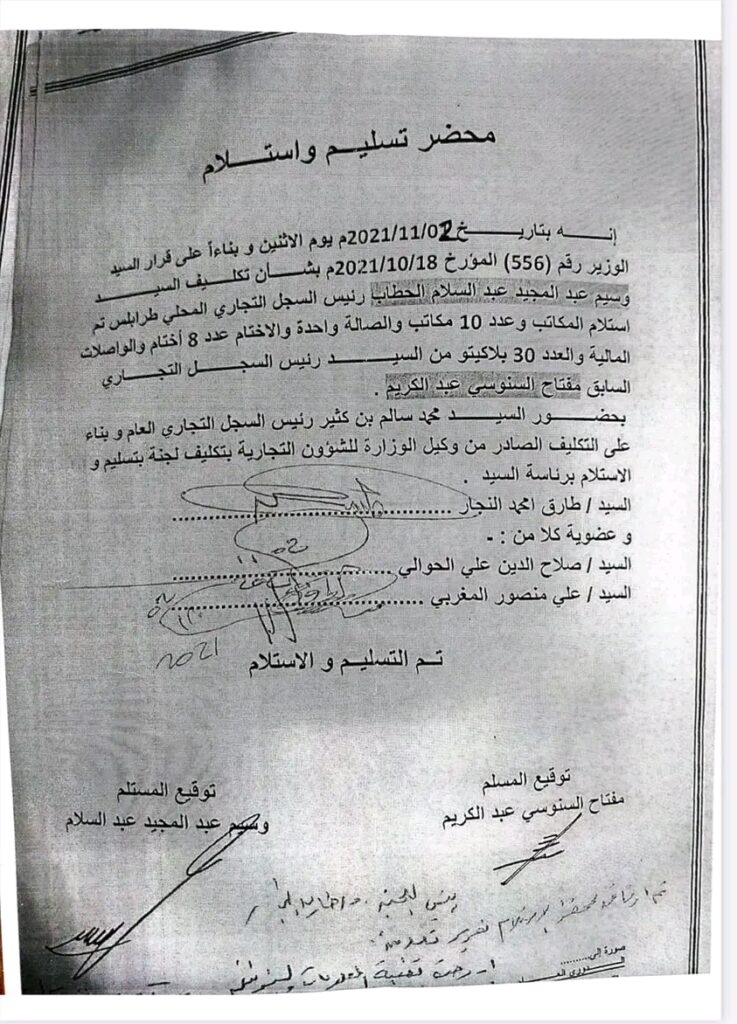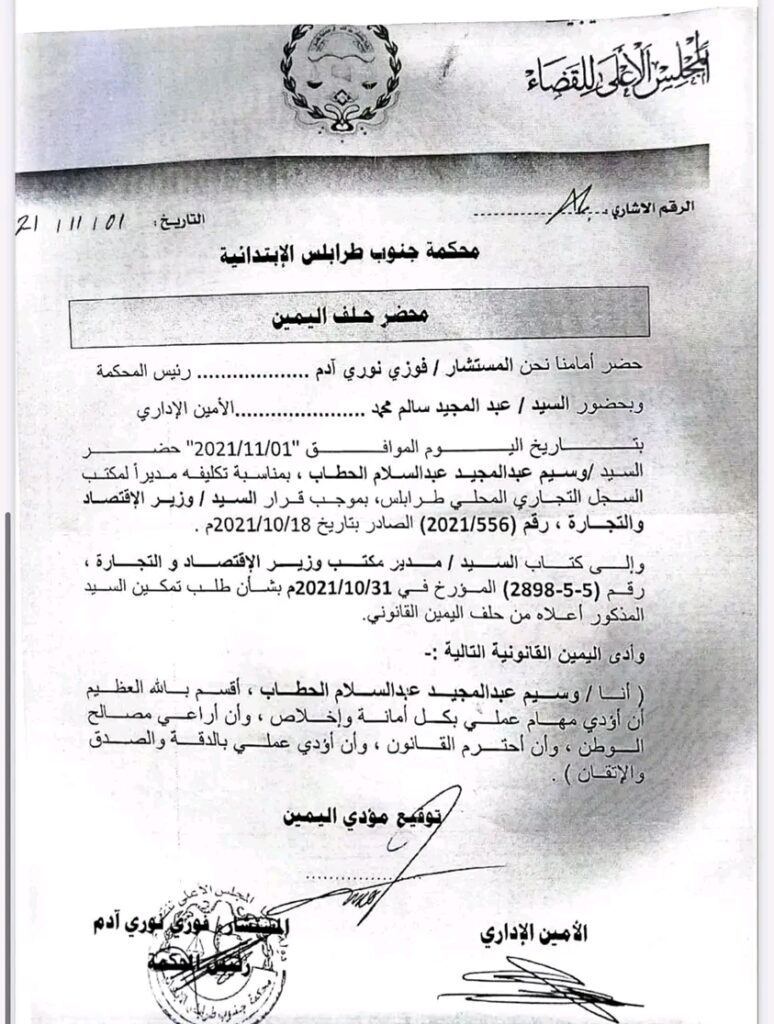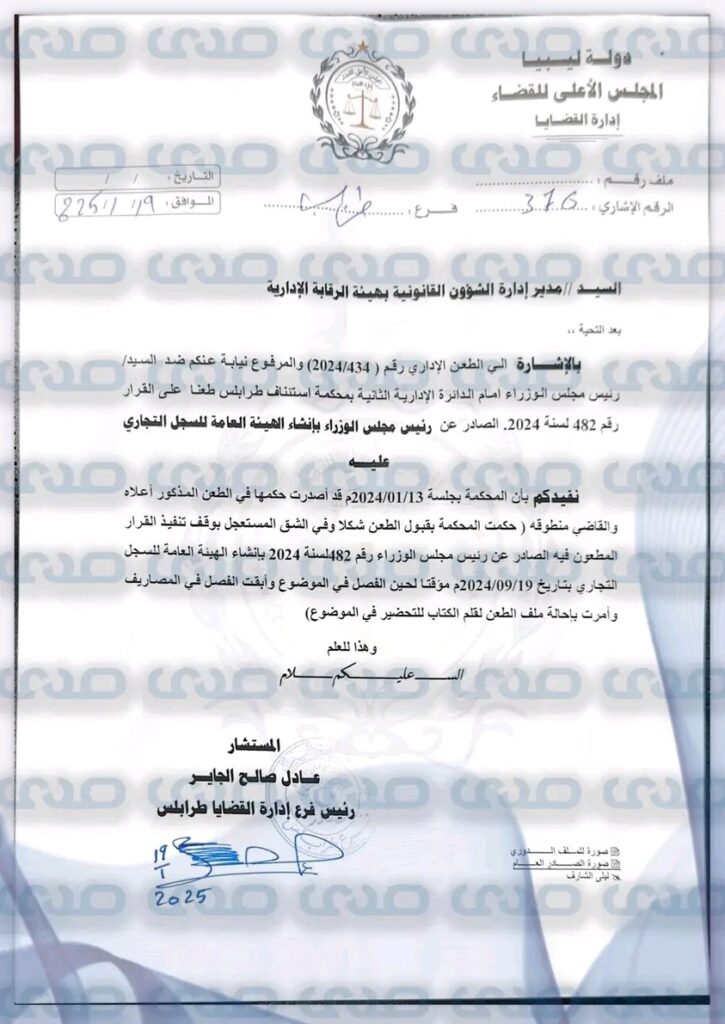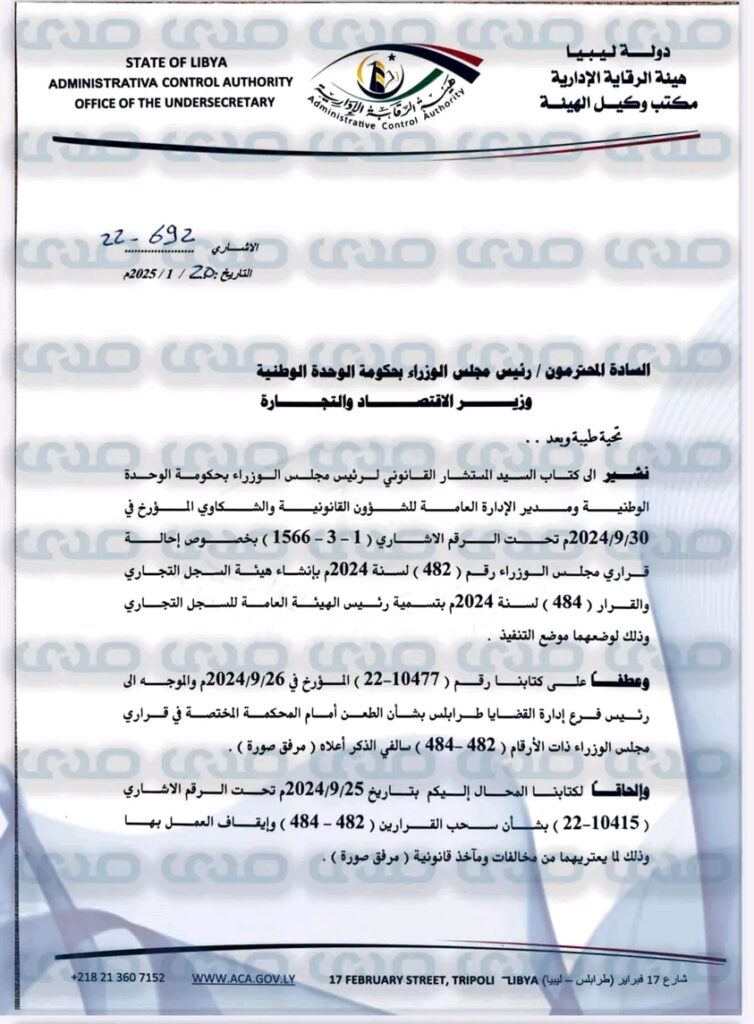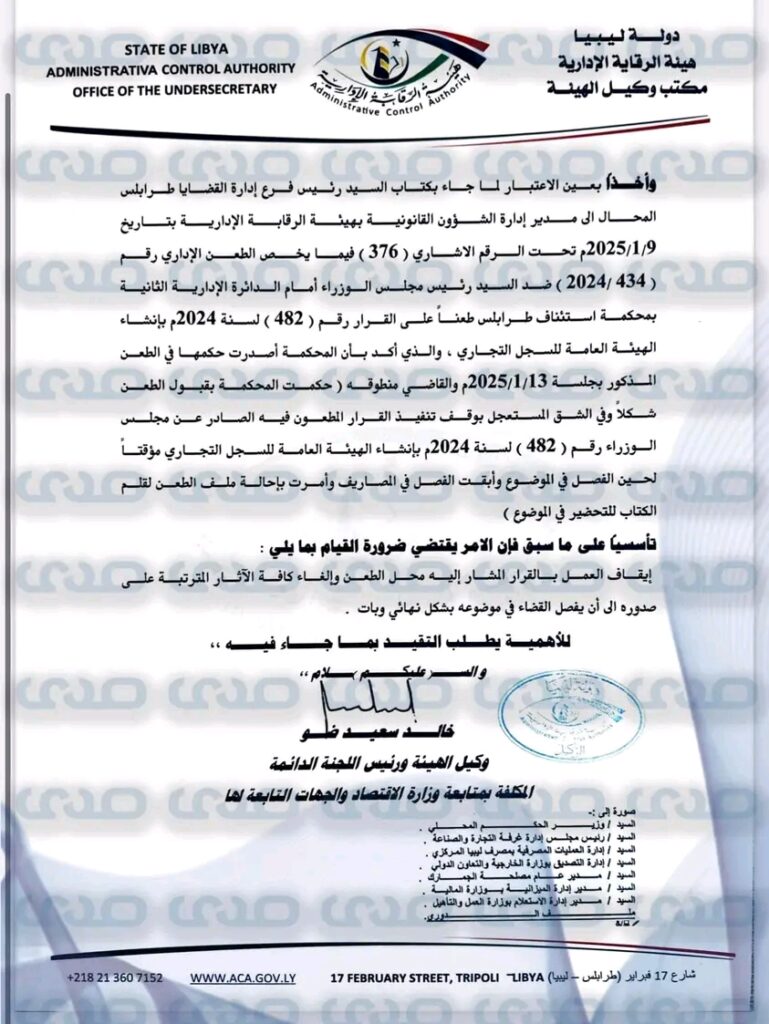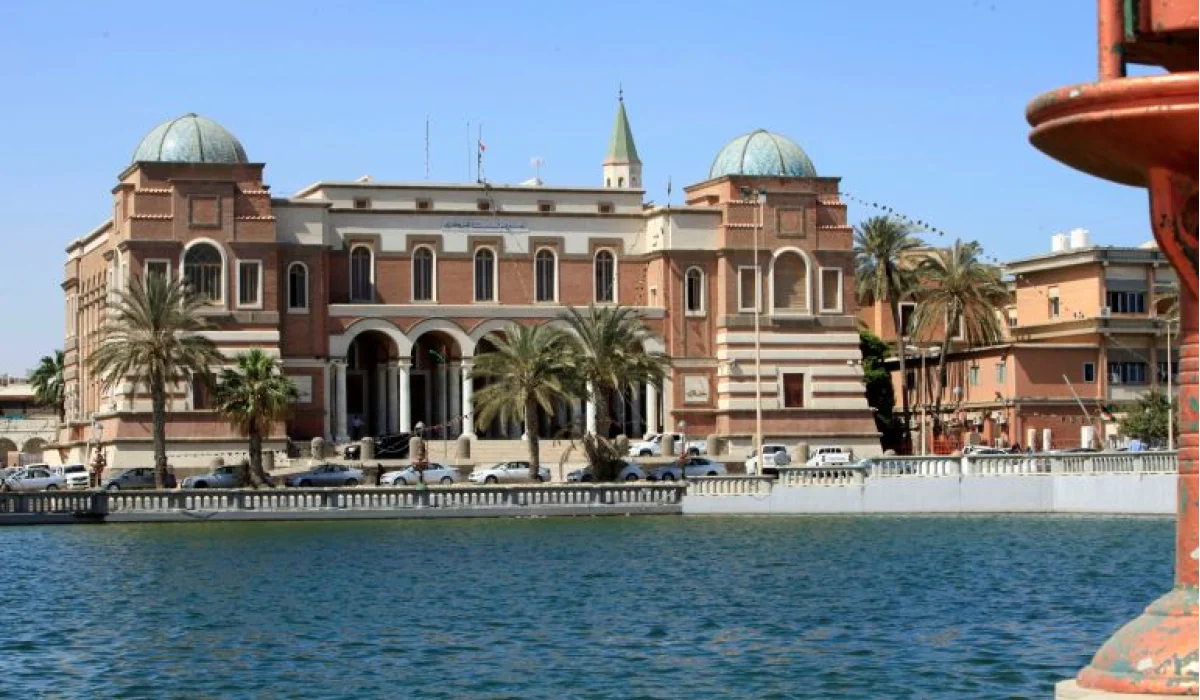Pedro Ribeiro, the president of the French company TotalEnergies, revealed in an exclusive interview with Energy Capital Power the company’s strategic plans to enhance field performance, boost production at Waha and Sharara, and intensify exploration efforts in the Murzuq Basin.
Excerpts from the interview:
Energy Capital Power: How do you plan to build on this success and support Libya’s ambitious goal of increasing its oil and gas production in the coming years?
Ribeiro: TotalEnergies has been present in Libya for over 60 years and takes pride in contributing through its partnership with the National Oil Corporation (NOC) to developing Libyan oil and gas production. Recently, Libya has achieved record national production figures exceeding 1.4 million barrels of oil equivalent per day. Waha and Sharara fields, where TotalEnergies is a partner, have recorded their highest daily production in a decade, surpassing 370,000 barrels per day at Waha and 300,000 barrels per day at Sharara.
TotalEnergies’ plan to further expand Libya’s production rests on three dimensions:
He added that by enhancing the performance of operating fields, refilling wells, and reassembling and maintaining facilities, recent production records at Waha and Sharara demonstrate the significance of these ongoing efforts. The implementation of larger-scale projects, such as the Mabrouk field, is expected to restart this year with the aid of an early production facility. This facility will initially increase production to 25,000 barrels per day before achieving higher rates in subsequent phases. Other new projects at Waha and Sharara are also being evaluated.
Ribeiro noted that TotalEnergies, in collaboration with the NOC, continues to advance the North Gialo project, which has the potential to boost Waha’s production by approximately 100,000 barrels per day. Plans are also underway to begin drilling an exploration well.
He emphasized that safety is the core value of TotalEnergies. “We are committed to continuously improving our safety and environmental performance, which is also the best guarantee for achieving sustainable and stable production results. This commitment is an integral part of our plan and reflects ongoing efforts to promote strong progress in health, safety, and environmental culture across all operations of the company.”
Energy Capital Power: TotalEnergies has committed to reducing gas flaring and methane emissions in the Waha fields. Can you share more details about the specific actions being taken to achieve this goal and the timeline for implementation? What role do you see TotalEnergies playing in Libya’s broader energy transition?
Ribeiro: In 2023, TotalEnergies adopted the Carter Initiative to decarbonize oil and gas, launched at COP28, with over 50 companies signing on. The initiative includes a target for near-zero methane emissions by 2030. Similarly, on World Environment Day (June 5, 2023), the NOC announced the “2030 Initiative,” aiming to reduce gas flaring at all fields, facilities, and oil sites, with the goal of eliminating flaring by 2030.
Energy Capital Power: TotalEnergies is continuing work on its 500 MW photovoltaic solar energy project in partnership with the General Electricity Company of Libya. How do you view the potential of solar energy in Libya, and what steps are being taken to ensure the success of this project as a model for future renewable energy initiatives in the country?
Ribeiro: Libya’s unparalleled solar irradiation makes solar energy an ideal alternative to diesel and gas for power or heat generation. In addition to resources, developing solar energy projects requires several factors to be secured before construction begins: suitable land, reliable grid connectivity to export the solar plant’s power to end consumers, environmental and construction permits, and a power purchase agreement guaranteeing payments. With the support and cooperation of the NOC, the company is advancing these factors to make the 500 MW solar energy project in Misrata the first of its kind in Libya.
He continued, stating that Libya’s abundant sunlight and vast lands provide great opportunities for solar energy projects, which should replace and complement gas-fueled power generation to supply Libya with clean energy. TotalEnergies views its utility-scale project in Misrata as a benchmark initiative and a test platform for the solar energy supply chain in Libya.














